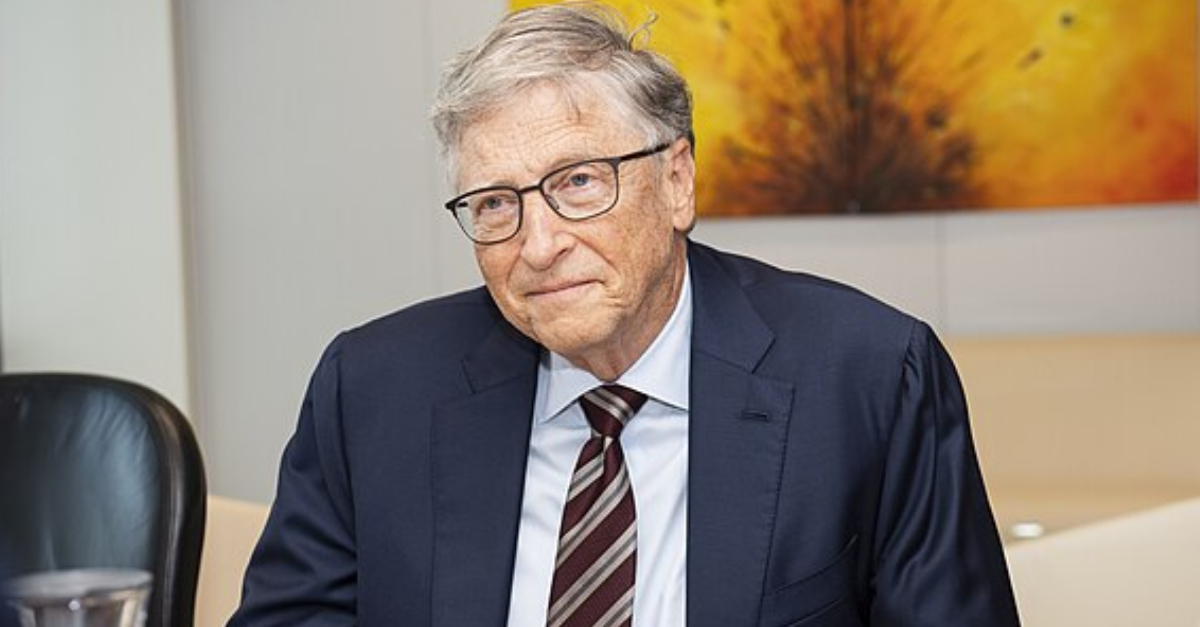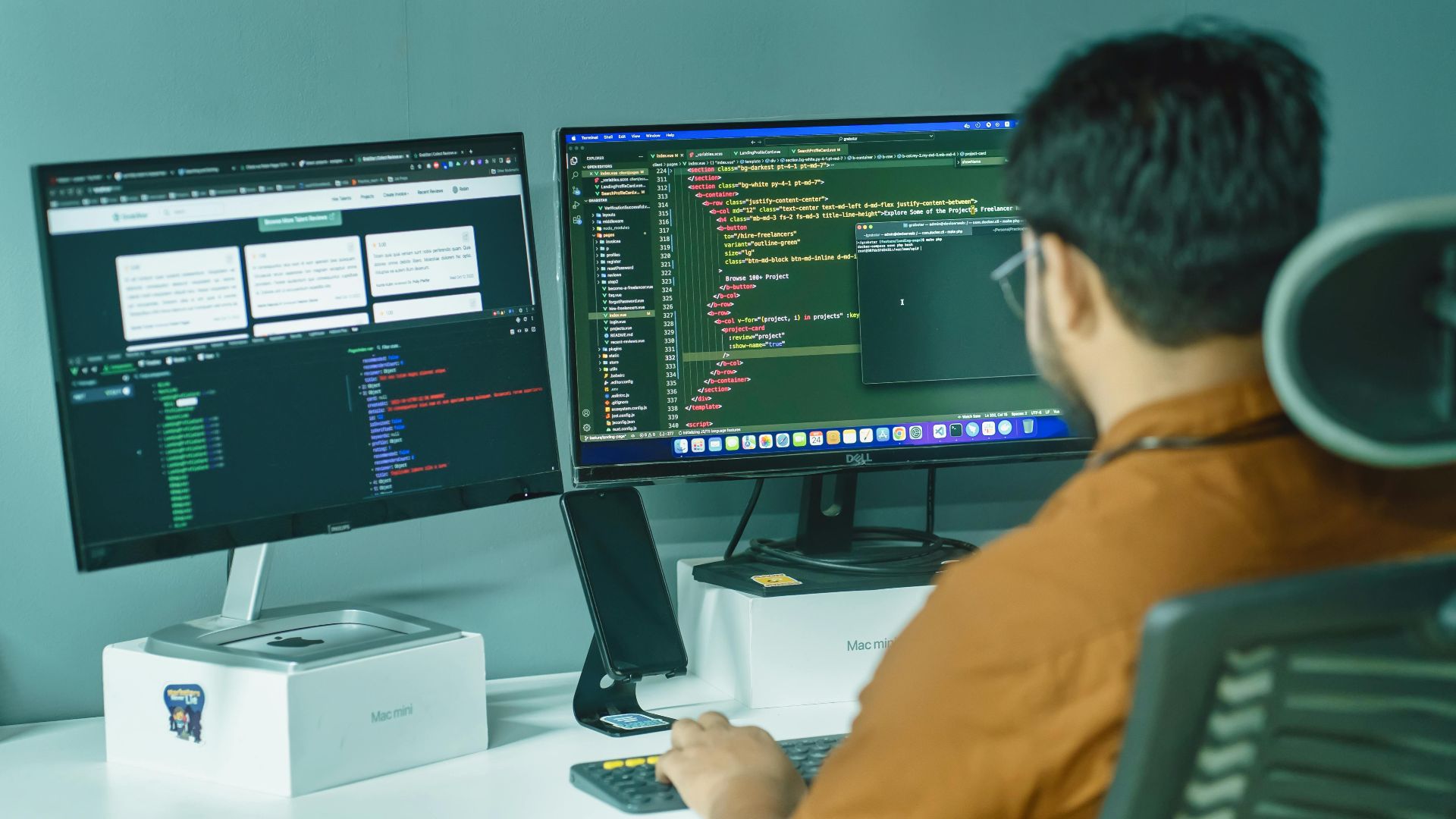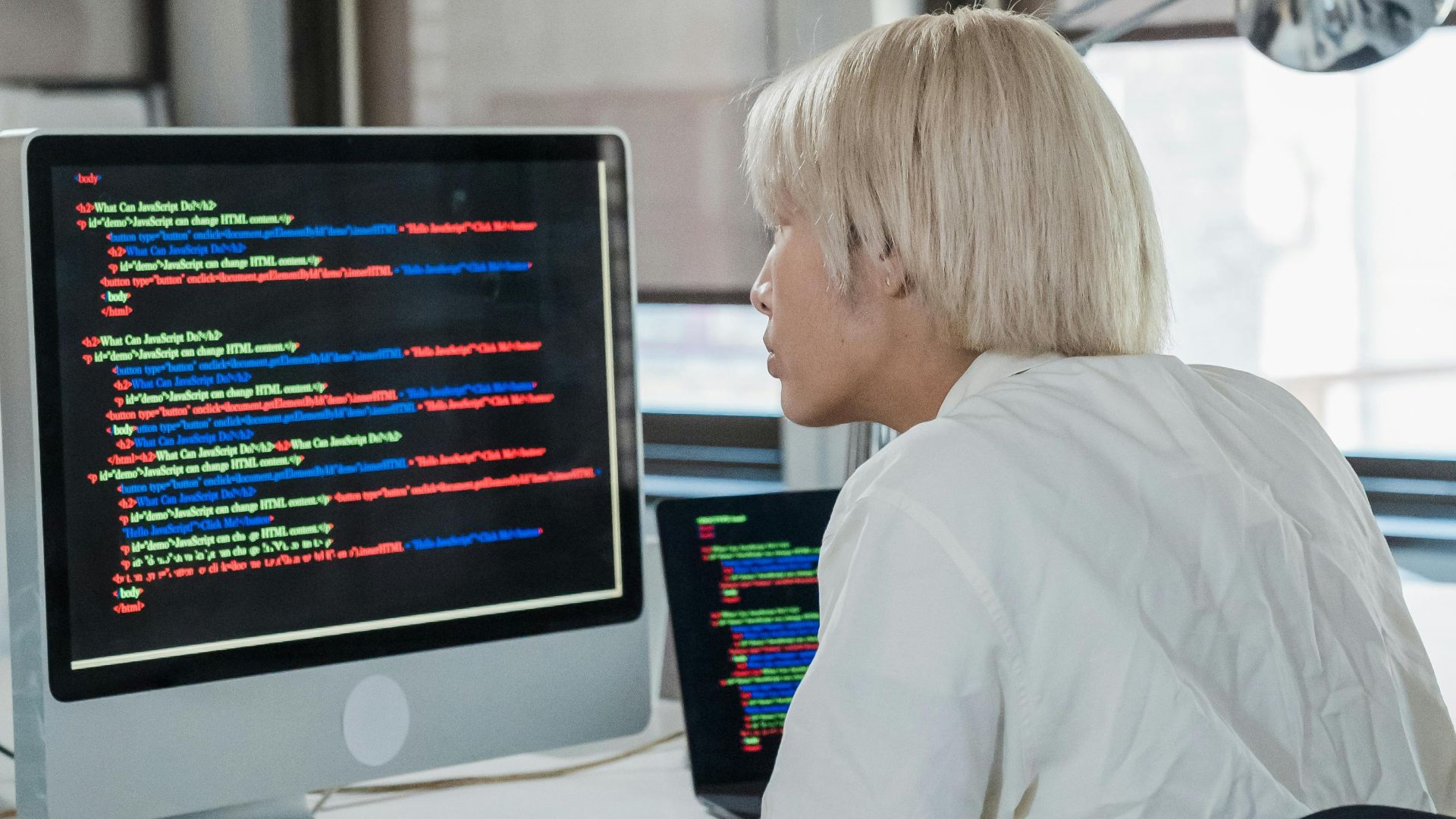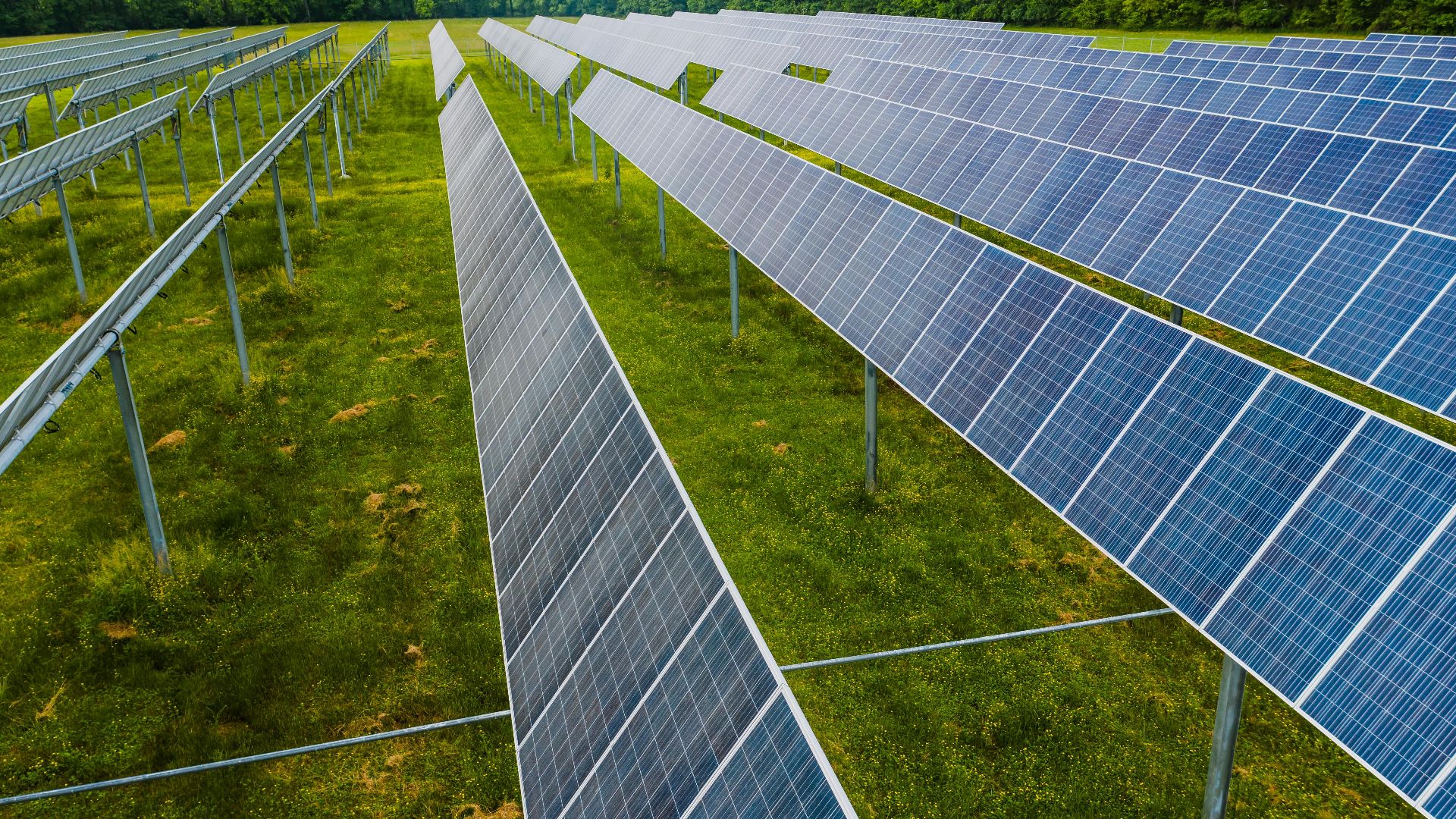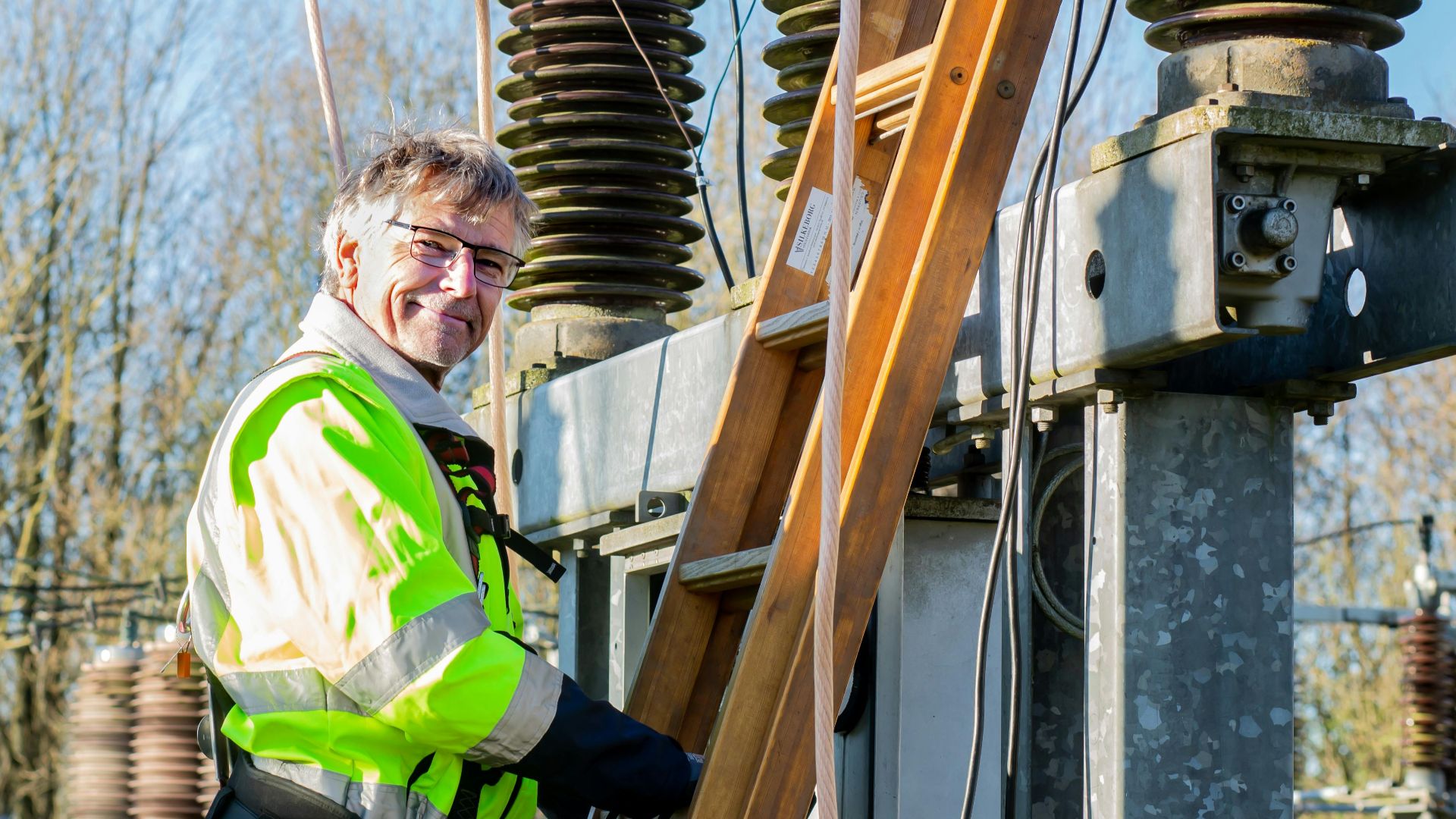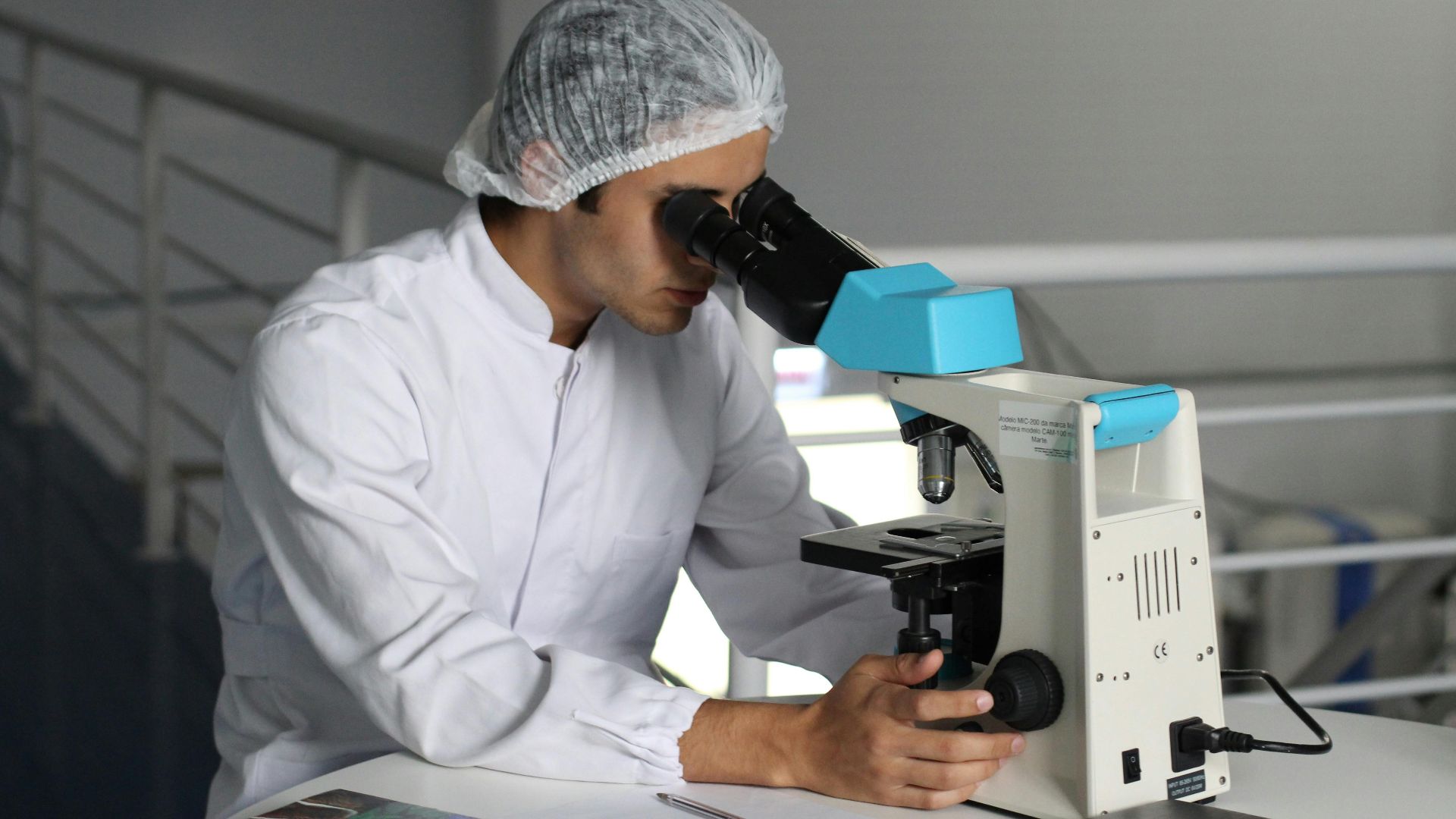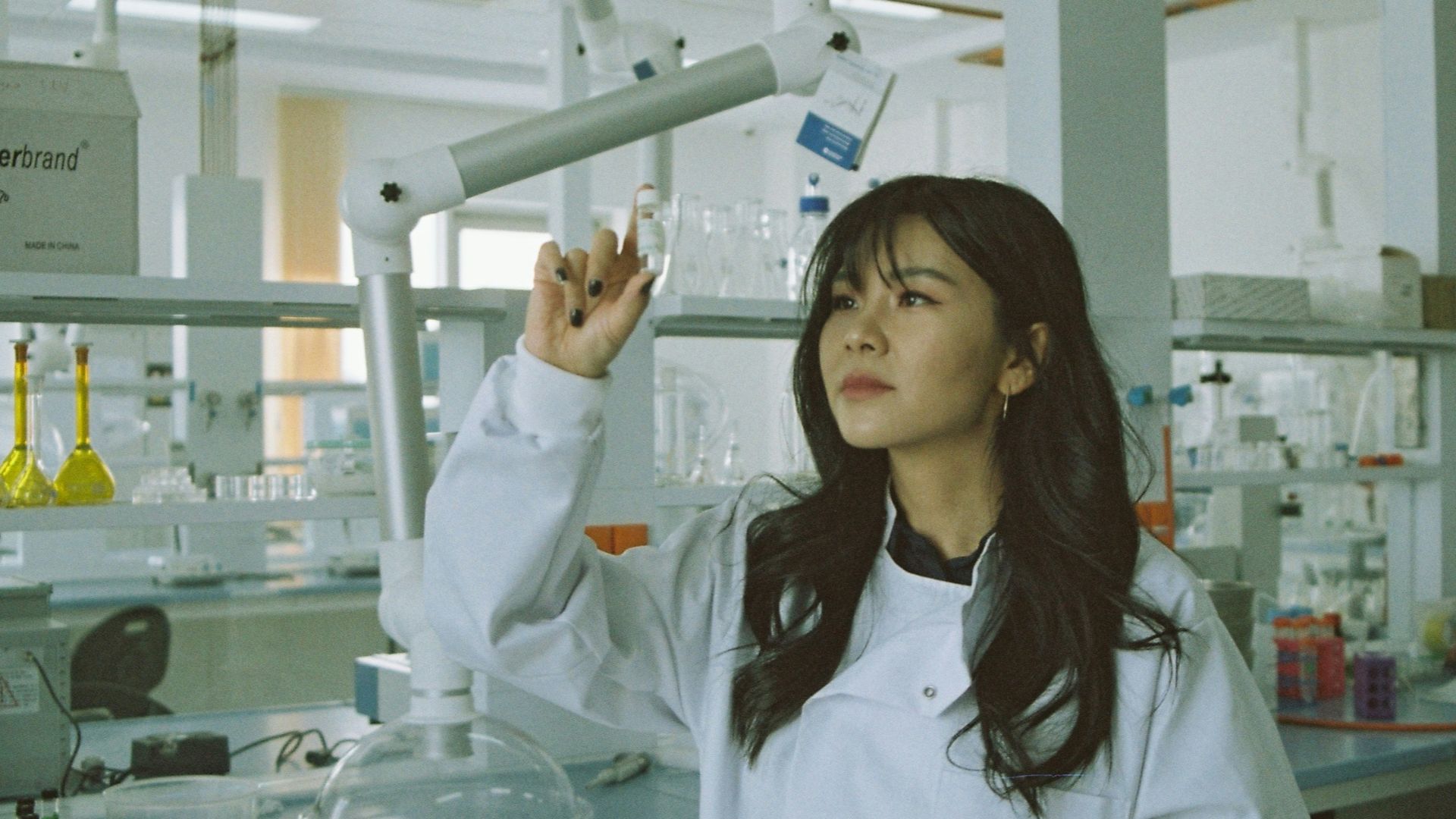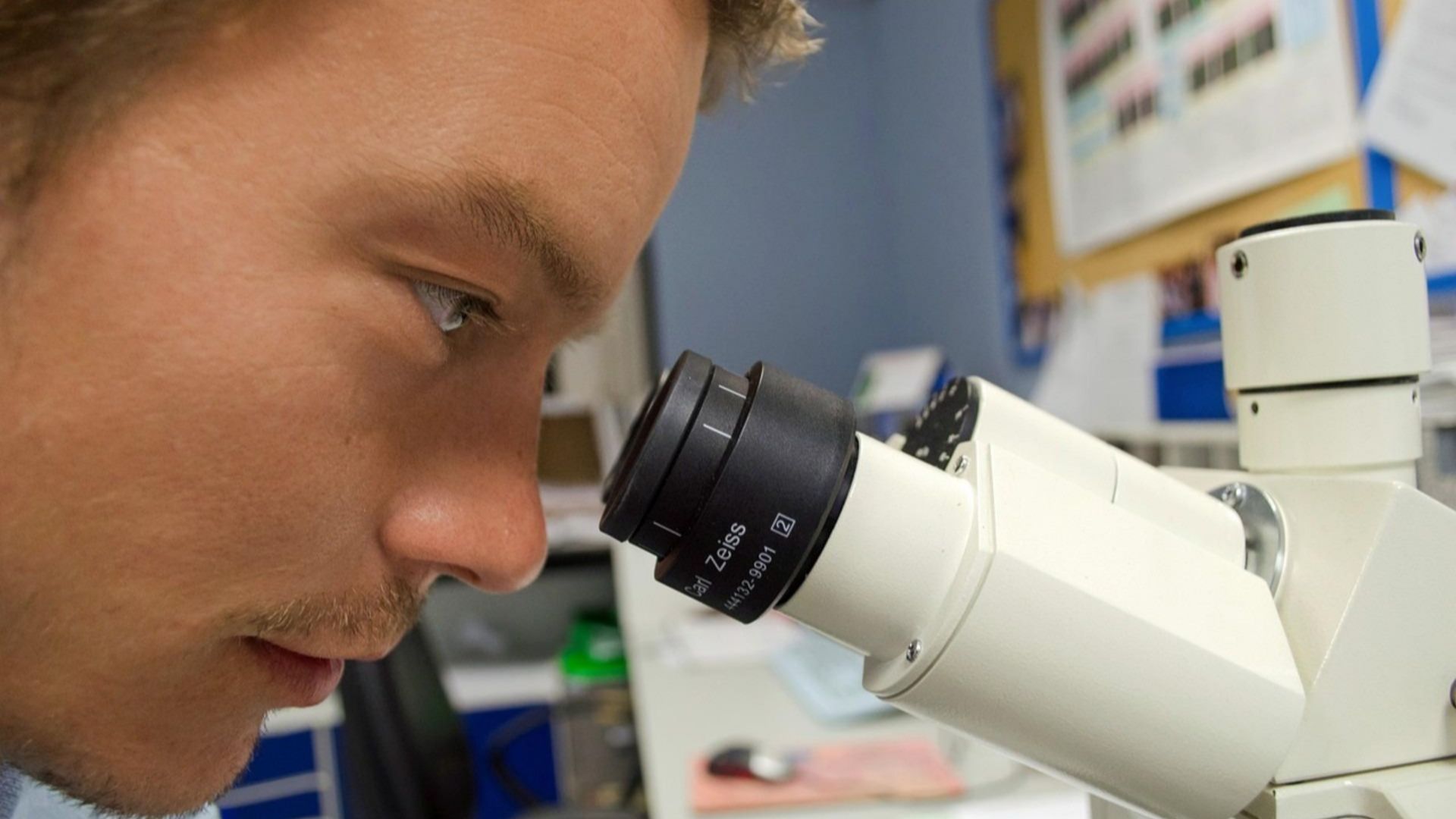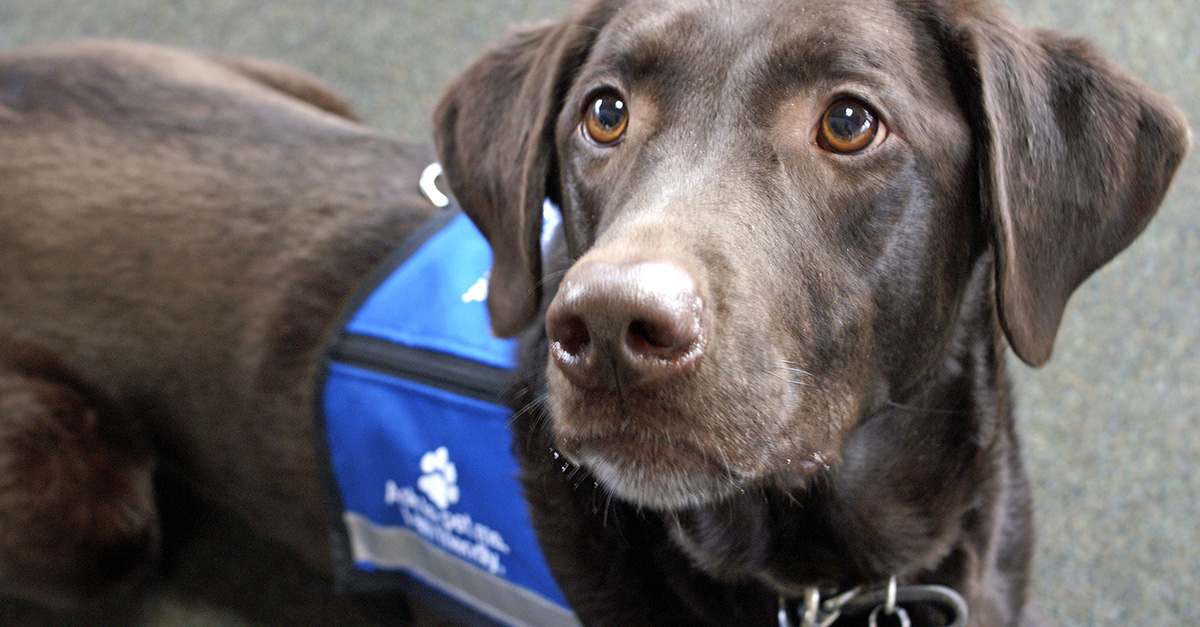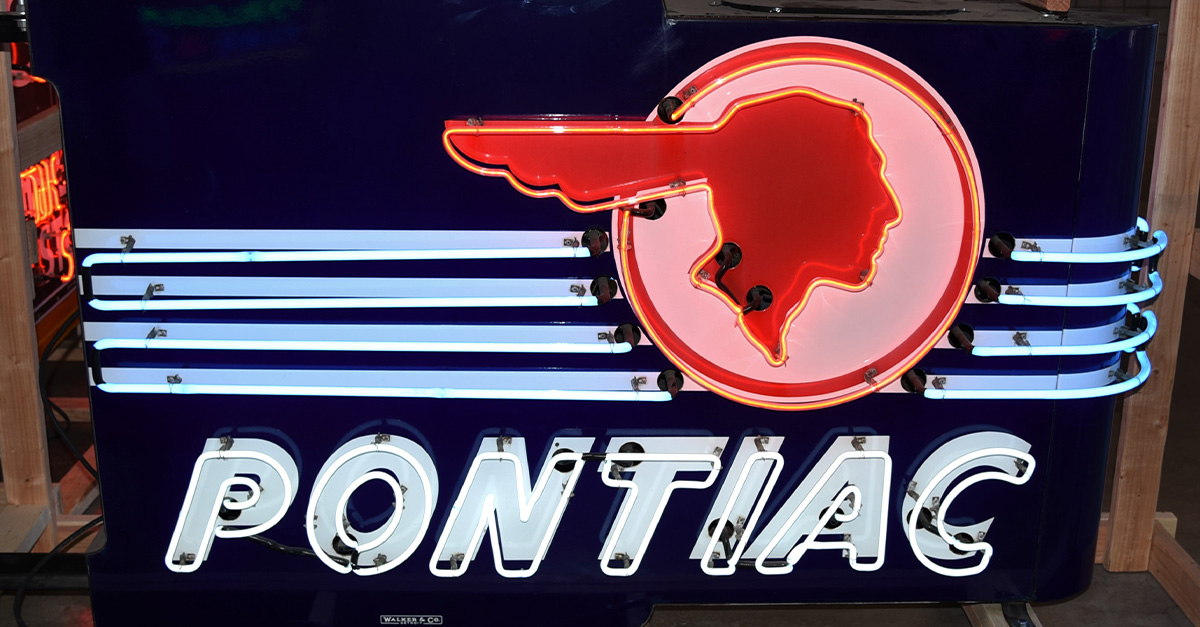AI Is Already Rewriting the Rules of Work
Entire industries are being reshaped faster than anyone expected. Yet Bill Gates says three kinds of jobs will still matter even as AI grows smarter—fields he believes rely on uniquely human creativity, judgment, and curiosity.
The World of Work Is Shifting
Gates has said AI will “change every job,” but he sees adaptation rather than extinction. He told Axios in 2025 that people who understand how AI works will be better prepared: “Knowing the innards of the AI helps you understand why it’s so crazy smart sometimes and so crazy stupid other times.”
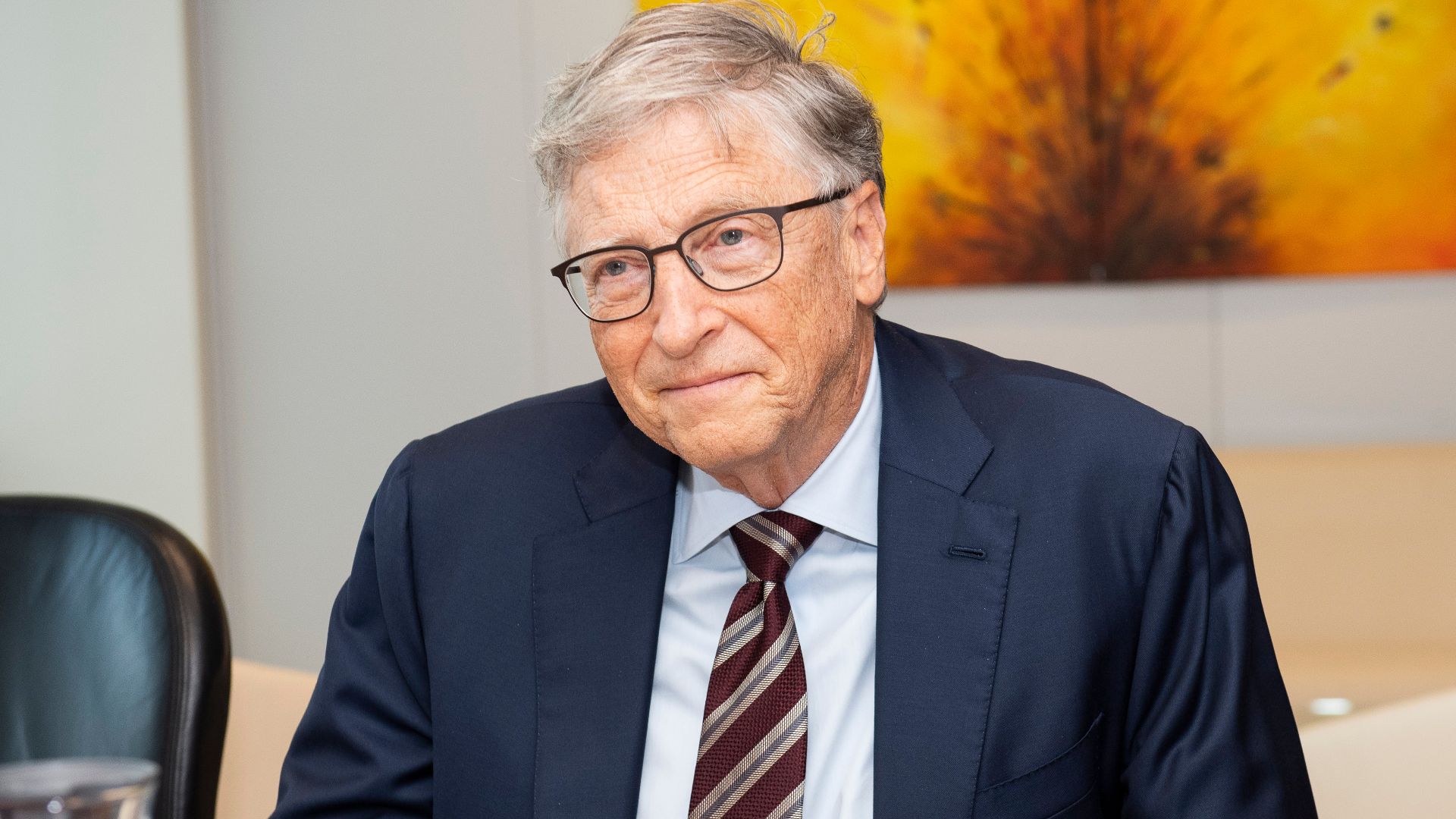 European Commission - Photographer: Lukasz Kobus, Wikimedia Commons
European Commission - Photographer: Lukasz Kobus, Wikimedia Commons
Adaptation, Not Panic
Rather than predicting mass unemployment, Gates frames the coming shift as a partnership between humans and machines. He compared it to earlier tech revolutions: “We’re entering an age where AI will be as fundamental as the PC or the internet,” he told interviewers this spring.
Safe Job #1: Coders
At first glance, AI threatens coding itself—it can already write entire programs. But Gates says humans who code will still be essential. “It’s kind of like saying, should you learn to multiply, just because computers are really good at it,” he told Axios. The skill still teaches logic and creativity.
The Human Side of Programming
AI can generate lines of code, but people still need to define goals, design architecture, and decide what ethical limits to build in. Coders who combine technical skill with systems thinking will steer the next generation of AI tools instead of being replaced by them.
What Coding Jobs Are at Risk
Repetitive work—basic website scripts or bug-fixing—will likely shrink. But engineers who think broadly and creatively will remain vital. As Gates put it, learning to code isn’t about syntax anymore; it’s about “understanding what software can do.” Those who grasp that big picture will endure.
Safe Job #2: Energy Experts
Gates has spent decades investing in clean-energy innovation through Breakthrough Energy Ventures. He’s argued that energy is too complex and globally interwoven to be fully automated. Real-world energy systems depend on human judgment, policy decisions, and ethics—areas where machines can only assist.
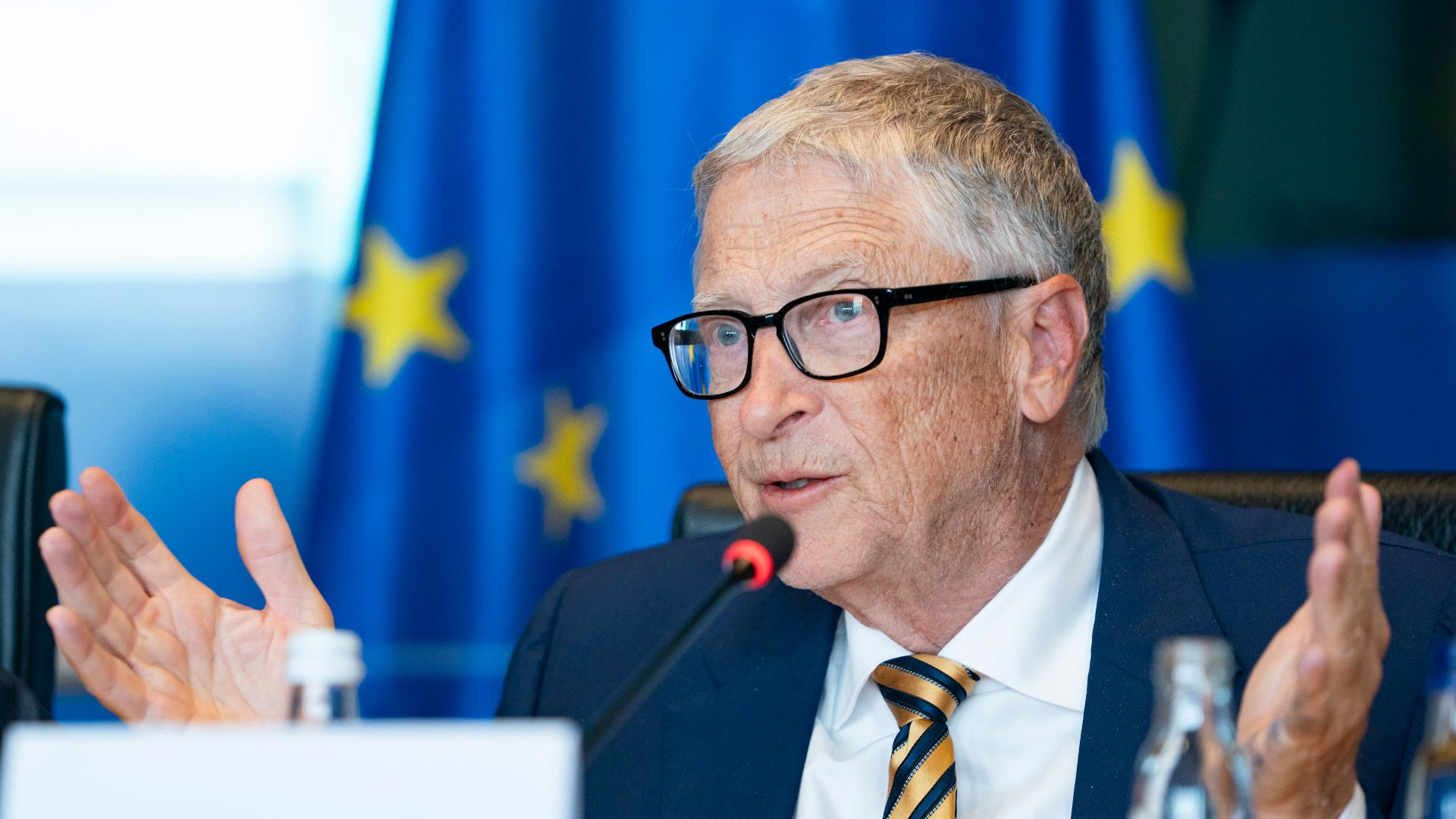 Philippe Buissin / European Union, Wikimedia Commons
Philippe Buissin / European Union, Wikimedia Commons
Why Energy Work Will Survive
AI can model power grids and forecast demand, but it can’t weigh political trade-offs or climate consequences. Gates has noted that achieving net-zero emissions will require “deep collaboration” between technologists and policymakers. Human insight will still drive which innovations get built and how they’re used.
The Human Element in Power
When speaking about energy transitions, Gates often emphasizes coordination over pure computation. Data may guide strategy, but leadership decides which risks to take. Energy jobs tied to strategy, design, and climate analysis will remain central as the world balances progress with sustainability.
Future Energy Careers
Fields combining engineering, data, and environmental science—like grid planning or nuclear safety—will thrive. AI may handle simulations, yet humans will interpret them, balancing cost, safety, and social impact. In Gates’s view, solving climate challenges is ultimately a human mission.
Safe Job #3: Biologists
The third field Gates highlights is biology. He believes AI will accelerate breakthroughs in genetics and medicine, but not replace human researchers. “AI will help us understand biology far faster,” he’s said, “but people still have to ask the right questions.”
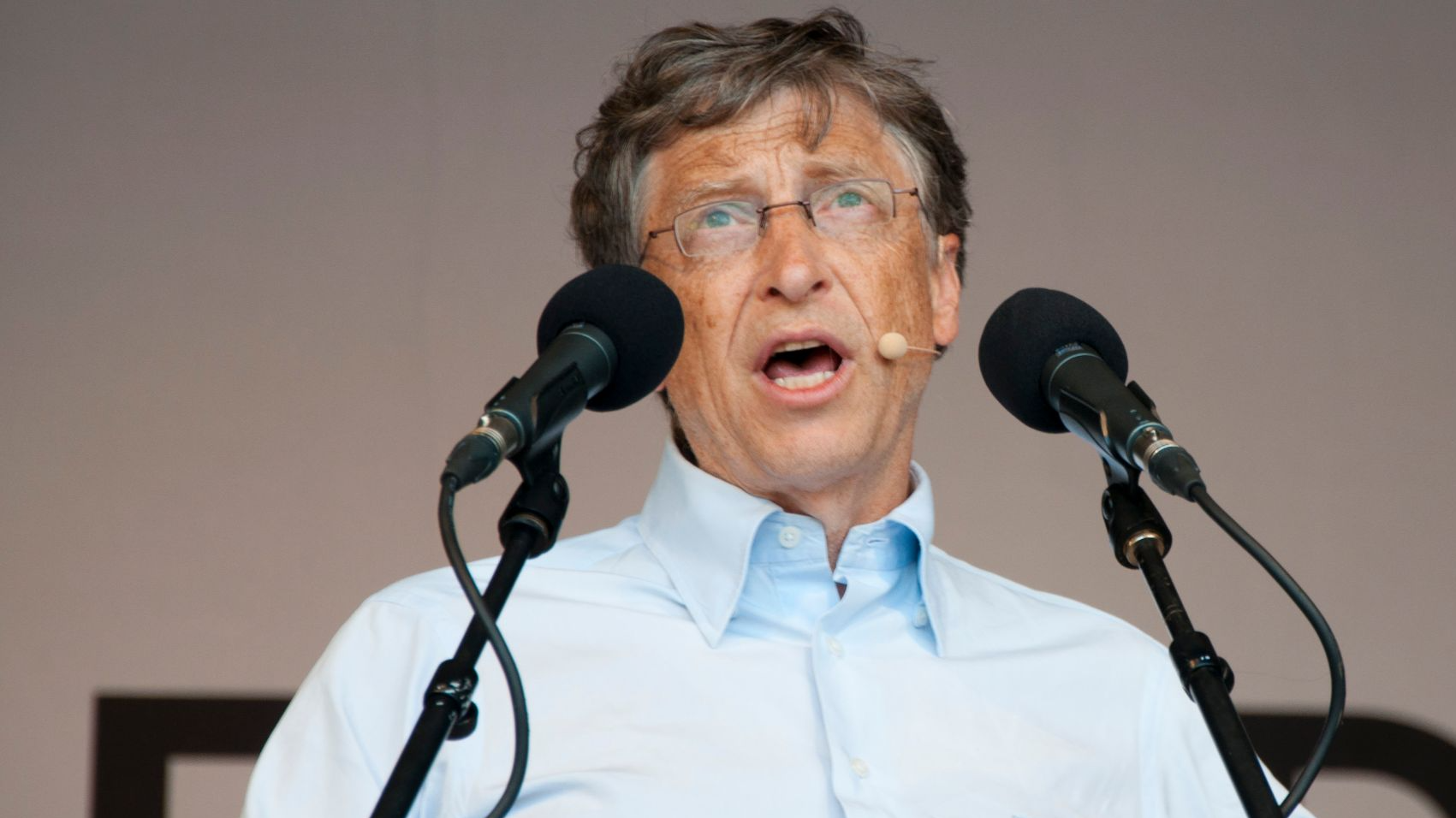 Andy Thornley from London, UK, Wikimedia Commons
Andy Thornley from London, UK, Wikimedia Commons
Why Biology Still Needs Humans
Biology thrives on curiosity and experimentation—traits machines lack. AI can find patterns in protein data, but it struggles with unexpected results or ethical calls. Human researchers decide which paths to follow, when to challenge data, and how to interpret what the numbers miss.
How AI Is Changing the Lab
Gates points to areas like drug discovery and vaccine design, where AI speeds up data analysis. Yet every advance in these areas does still requires human oversight. Scientists must confirm results in the real world, translating predictions into safe, working treatments—a process that is still one that only humans can do.
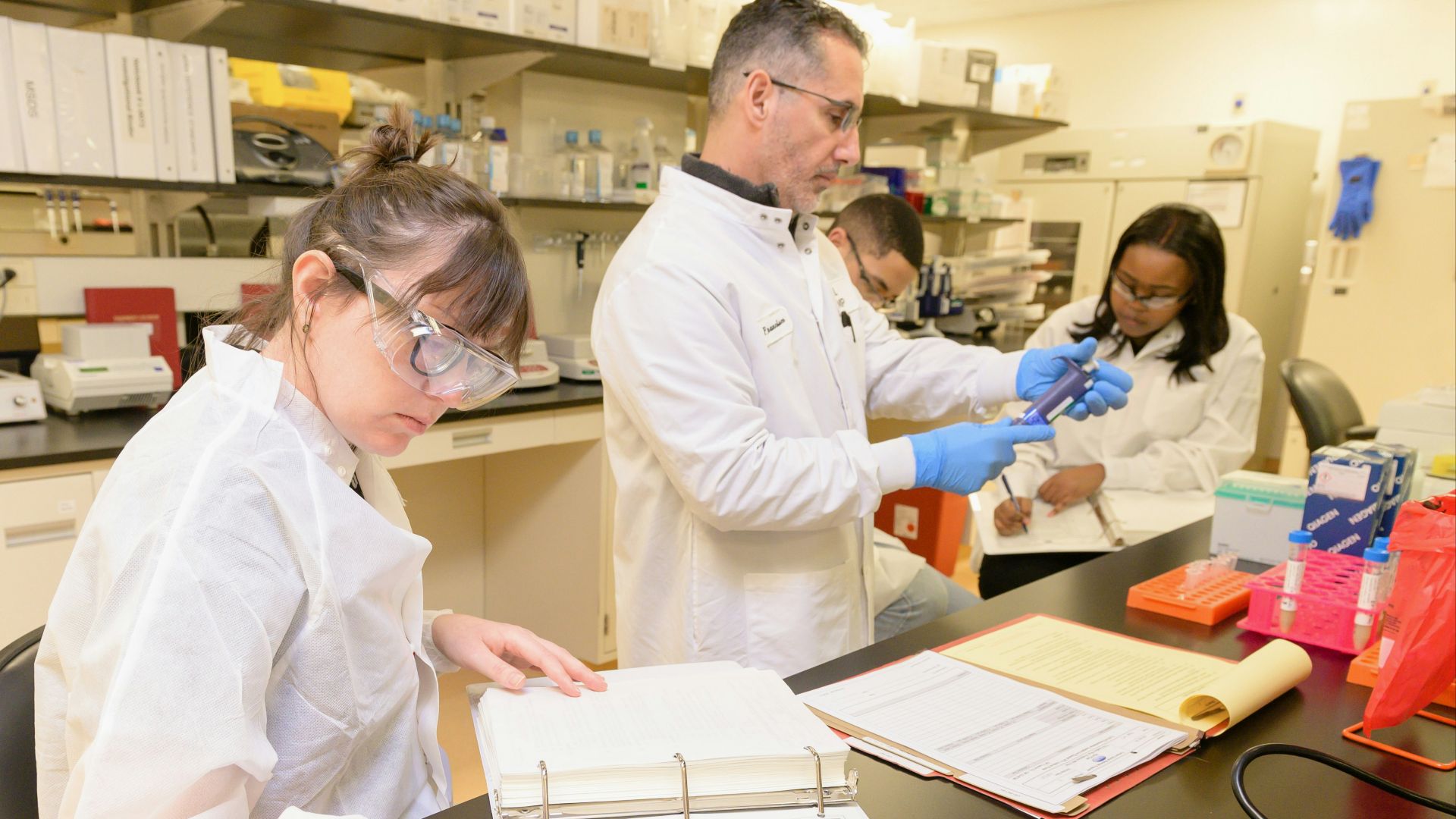 National Institute of Allergy and Infectious Diseases, Unsplash
National Institute of Allergy and Infectious Diseases, Unsplash
The Human Edge in Science
“Science isn’t just about data—it’s about imagination,” Gates told a university audience in 2024. AI may supply the patterns, but humans supply the purpose. Researchers who fuse computational skills with creative thinking will lead the next wave of discovery.
What Future Biologists Should Learn
Biologists who understand both molecules and machine learning will be the most valuable. Gates sees a future generation of scientists who use AI as a microscope—one that allows them to see deeper and faster—but while still relying on humans to decide what’s actually worth exploring.
What This Means for Everyone
Even if you’re not in tech, energy, or biology, Gates’s advice applies: use AI to enhance what you do, not replace it. The safest roles will involve empathy, strategy, and big-picture thinking—qualities that remain uniquely human.
A Shorter Workweek Ahead?
Gates told The Tonight Show that AI could one day make most physical work obsolete: “There will be some things we reserve for ourselves… but in terms of making things and growing food, those will be solved problems.” He’s also floated the idea of a future three-day workweek.
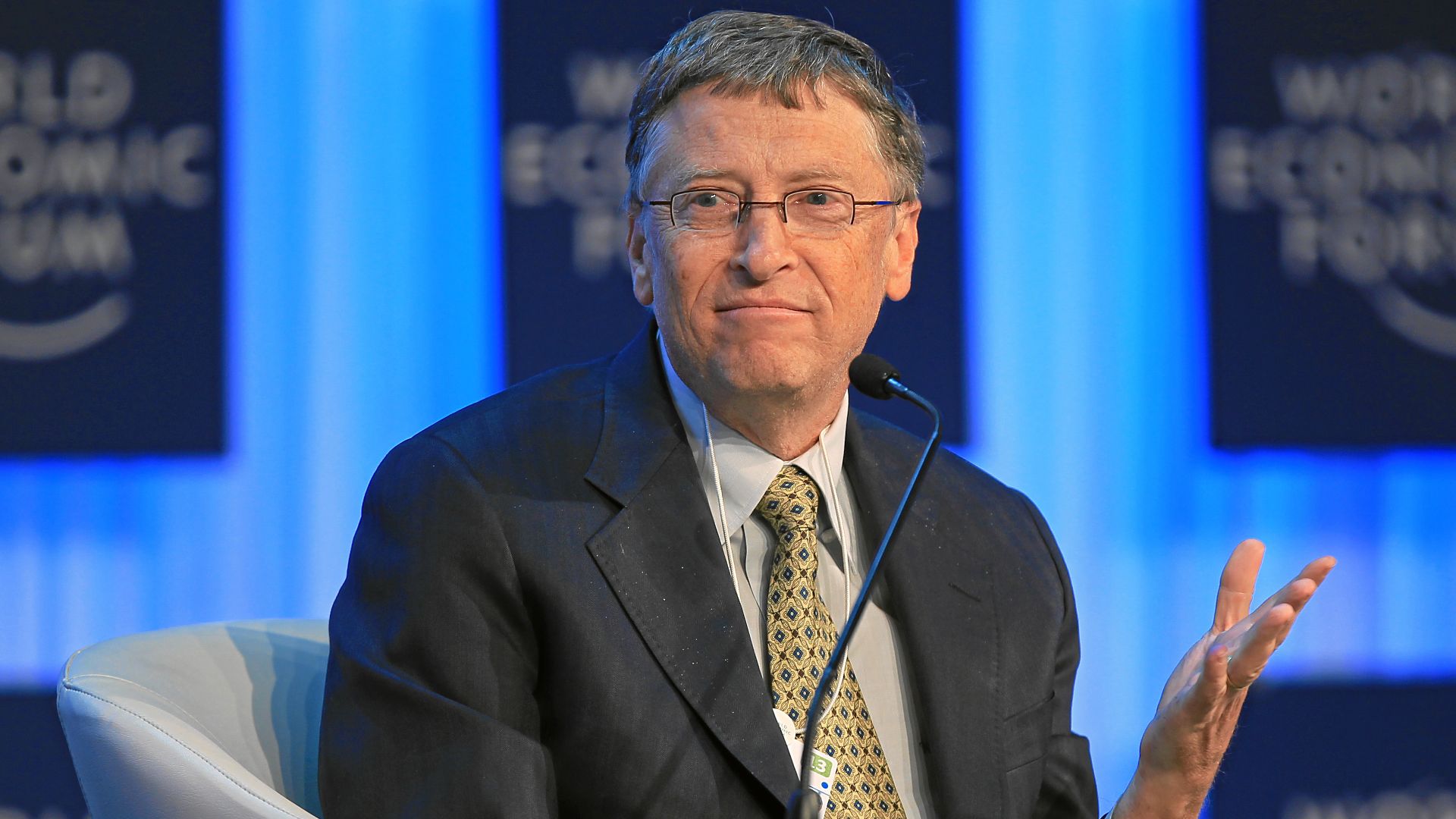 World Economic Forum from Cologny, Switzerland, Wikimedia Commons
World Economic Forum from Cologny, Switzerland, Wikimedia Commons
Skills That Cross Every Field
No matter your job, some abilities stay valuable: systems thinking, communication, ethics, and curiosity. Gates says curiosity, in particular, is “the one thing AI doesn’t replace—it amplifies.” Those who keep learning alongside new tools will stay relevant the longest.
AI-Augmented vs. AI-Replaced
The difference between thriving and fading out will come down to how people use AI. Those who see it as a collaborator will adapt faster. Gates often describes AI as a “copilot,” not a rival—a tool that expands what skilled people can do.
New Hybrid Jobs
Already, roles like AI ethicists and algorithm auditors are emerging. Gates predicts more of these blended careers—jobs that connect human judgment to machine power. These hybrids will define the next labor revolution.
The Takeaway
The three “safe” jobs—coders, energy experts, and biologists—aren’t really safe because they’re high-tech; they’re safe because they rely on human thinking. Gates’s message is simple: technology may reshape work, but it won’t replace the human need to question, create, and decide.
You Might Also Like:
Smart Strategies To Bring AI Into Your Small Business
The FAA's New Air Traffic Control System: Will Automation Replace Human Controllers?

